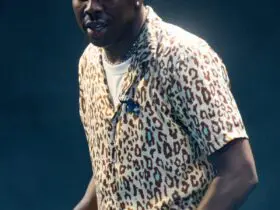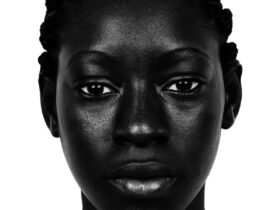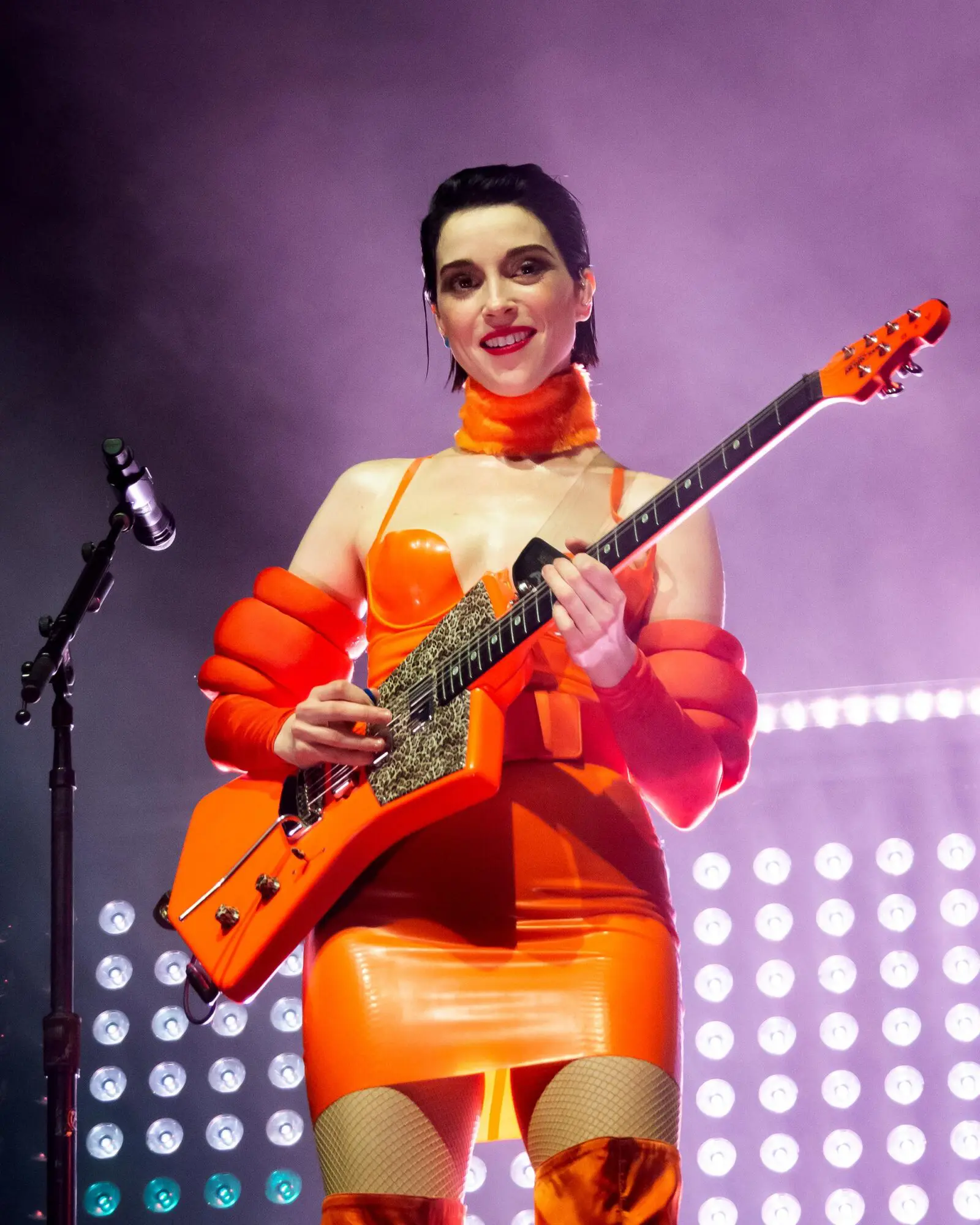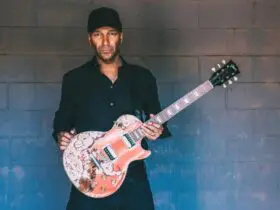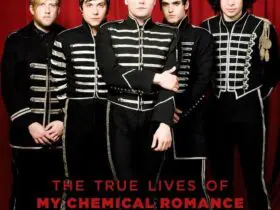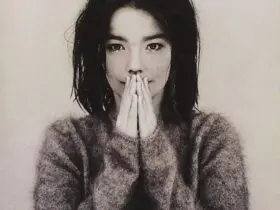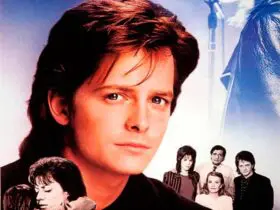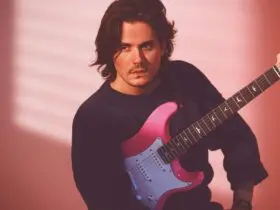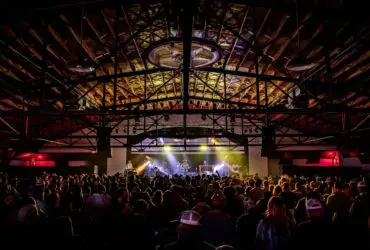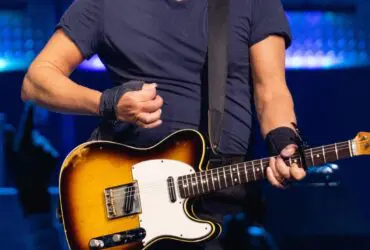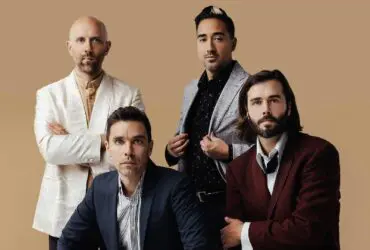A call to action: Encouraging civic engagement through music
The power of music in political movements
Music has always been a powerful tool for social and political movements. It transcends boundaries, unites people, and amplifies voices that might otherwise go unheard. In recent times, artists have increasingly used their platforms to advocate for political change and encourage civic engagement. This trend is not just a fleeting moment but a significant shift in how musicians interact with their audiences and the world around them.
A personal plea from a renowned artist
Recently, a prominent artist took to social media to urge her followers to participate in the democratic process. “Go vote for Kamala Harris, Americans,” she wrote. “My grandmother would have.” This heartfelt message underscores the personal stakes involved in political participation and the generational impact of civic engagement.
The intersection of music and politics
Historical context
The relationship between music and politics is not new. From the protest songs of the 1960s to the anthems of the civil rights movement, music has always played a crucial role in shaping political discourse. Artists like Bob Dylan, Nina Simone, and Marvin Gaye used their music to comment on social issues and inspire change. Their songs became rallying cries for movements that sought to address inequality, injustice, and oppression.
Modern-day activism
In today’s digital age, the reach and influence of musicians have expanded exponentially. Social media platforms allow artists to connect with millions of fans instantly, making it easier to spread messages of activism and encourage political participation. This modern-day activism is not limited to any single genre or demographic. From pop stars to hip-hop artists, musicians across the spectrum are using their voices to advocate for change.
The role of artists in shaping public opinion
Expertise in the music industry
Artists possess a unique ability to shape public opinion through their music and public personas. Their expertise in crafting compelling narratives and emotional experiences allows them to connect with audiences on a deep level. This connection can be leveraged to raise awareness about important issues and motivate people to take action.
Authoritative voices
When artists speak out on political issues, they do so with a level of authority that comes from their status and influence. Their words carry weight, and their endorsements can sway public opinion. This is particularly true when artists use their platforms to support political candidates or causes. Their endorsements can lend credibility and visibility to campaigns, helping to mobilize voters and drive engagement.
Building trust through accurate information
Verifiable facts
In an era of misinformation, it is crucial for artists to provide accurate and verifiable information when advocating for political causes. By doing so, they build trust with their audiences and ensure that their messages are taken seriously. This trust is essential for effective advocacy and can lead to meaningful change.
Personal stories
Sharing personal stories and experiences can also enhance the trustworthiness of an artist’s message. When artists speak from the heart and share their own journeys, they create a sense of authenticity that resonates with their audiences. This authenticity can inspire others to get involved and make a difference in their communities.
The impact of music on voter turnout
Studies and trends
Research has shown that music can have a significant impact on voter turnout. Studies have found that songs with political messages can increase political awareness and motivate people to vote. This is particularly true for younger voters, who are more likely to be influenced by the music they listen to and the artists they admire.
Real-world examples
There are numerous examples of artists successfully mobilizing their fans to vote. During recent elections, several high-profile musicians launched voter registration drives, hosted virtual concerts, and used their social media platforms to encourage voter participation. These efforts have contributed to record-breaking voter turnout and increased political engagement among young people.
Conclusion
The intersection of music and politics is a powerful force for change. By using their platforms to advocate for political causes, artists can inspire their fans to get involved and make a difference. Whether through heartfelt social media posts, powerful protest songs, or voter registration drives, musicians have the ability to shape public opinion and drive civic engagement. As we move forward, it is essential to recognize and support the role of artists in our political landscape, ensuring that their voices continue to be a catalyst for positive change.


